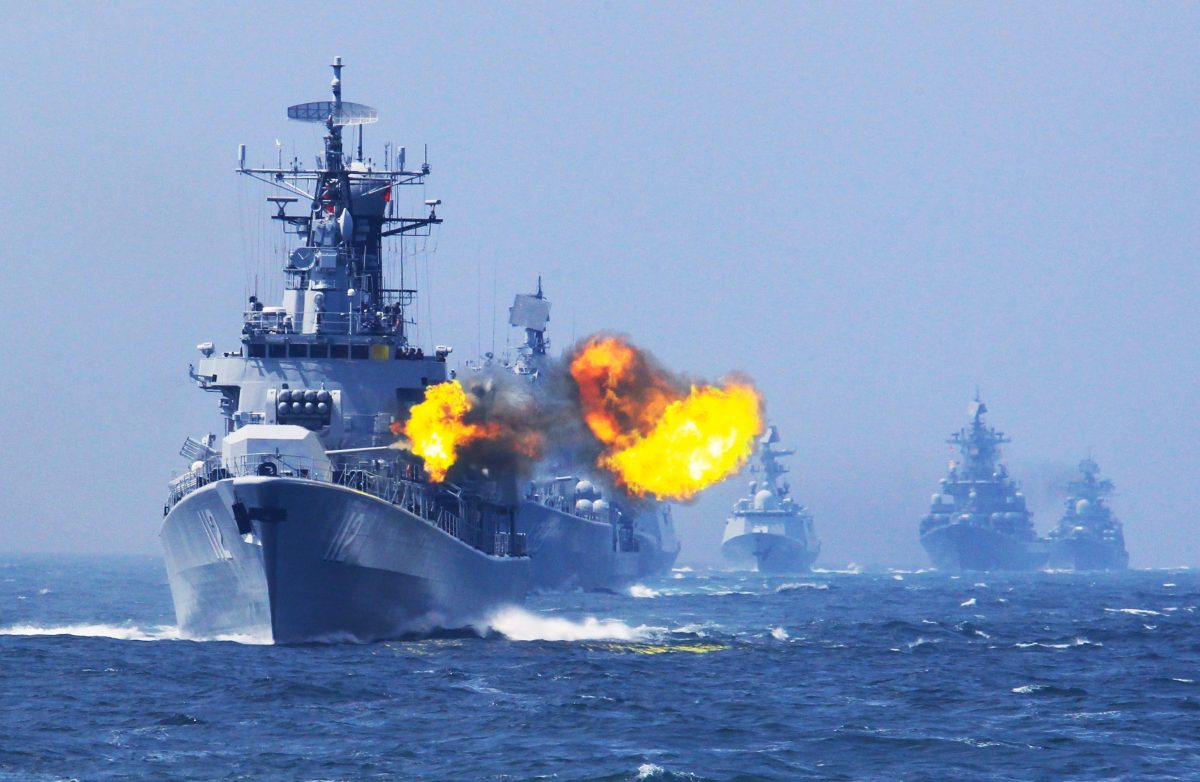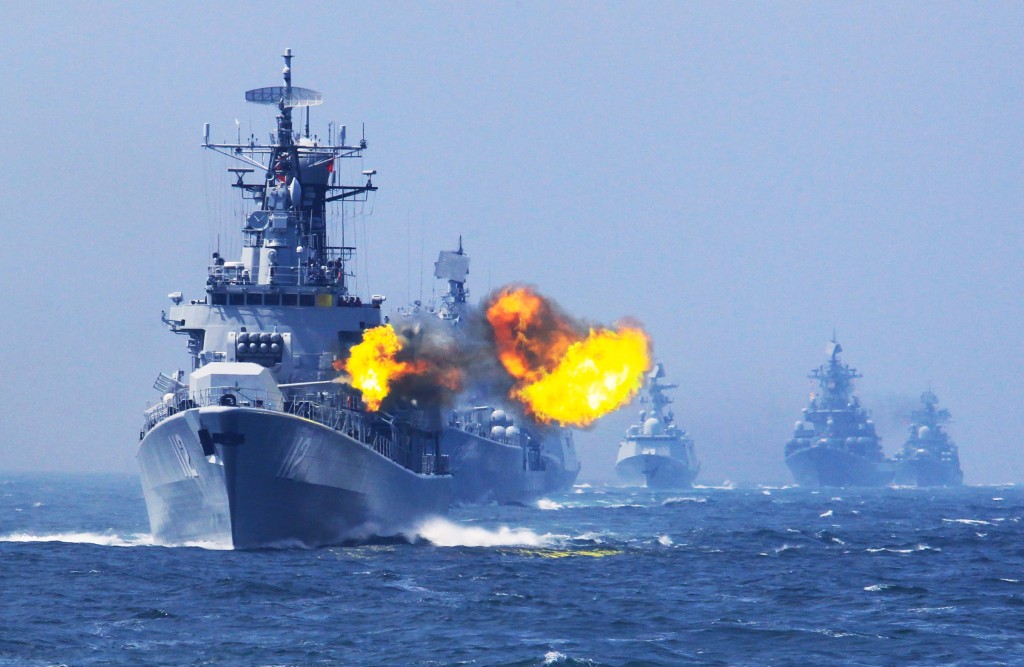Source: Asia Nikkei
By Simon Roughneen
Even by his outspoken standards, Philippine President Rodrigo Duterte’s account of a conversation he had with his Chinese counterpart, Xi Jinping, was startling.
During a meeting between the two leaders in Beijing in May 2017, the subject turned to whether the Philippines would seek to drill for oil in a part of the South China Sea claimed by both countries. Duterte said he was given a blunt warning by China’s president.
“[Xi’s] response to me [was], ‘We’re friends, we don’t want to quarrel with you, we want to maintain the presence of warm relationship, but if you force the issue, we’ll go to war,” Duterte recounted.
A year later, Duterte was asked for a response to news that China had landed long-range bombers on one of the South China Sea’s Paracel Islands — a milestone that suggests the People’s Liberation Army Air Force can easily make the short hop to most of Southeast Asia from its new airstrips. “What’s the point of questioning whether the planes there land or not?” Duterte responded.
Read more at: https://asia.nikkei.com/Spotlight/Cover-Story/How-Beijing-is-winning-control-of-the-South-China-Sea


